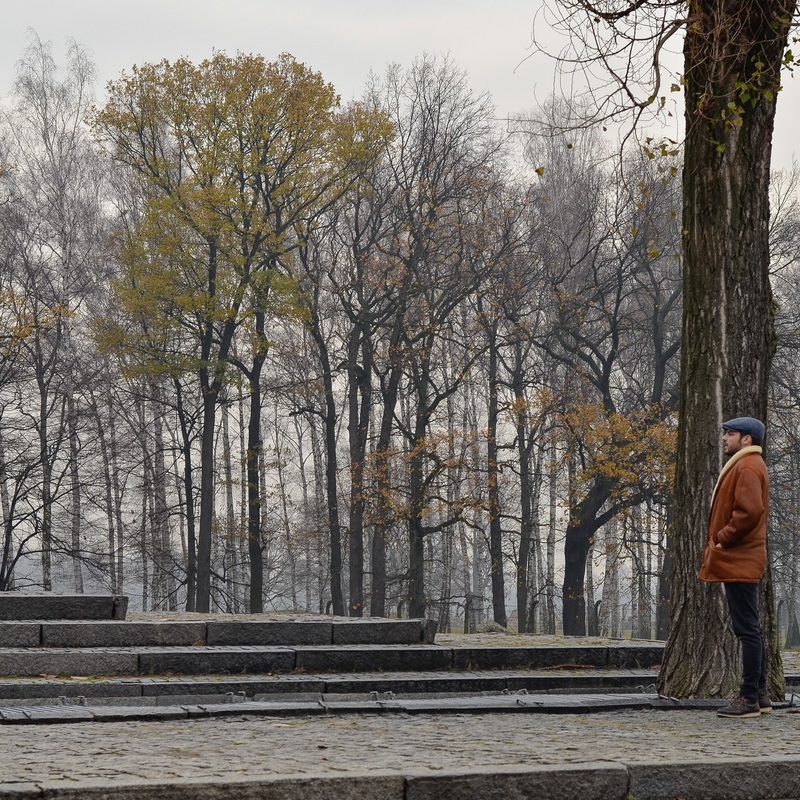Search
The Together Project: Holi in Jodhpur, India
DOI: 10.17160/josha.8.4.783
The Together Project is a series of photo essays inspiring us to see humankind in a different light by honoring our cultural differences as well as the understanding that we’re all cut from the same cloth; we’re members of humankind. The Together Project is here to inspire you to learn about others and to ignite a sense of curiosity and compassion towards those who live in different cultures from our own. In this photo essay, Johanna shares her experience in Jodhpur, India celebrating the Holi festival. She shares her experience, the reason Holi is celebrated, as well as the health benefits of the festival.
A Proposed Methodological Framework for the Spatial and temporal Calibration of a Large River Basin Hydrological Model
DOI: 10.17160/josha.8.4.782
Under a whole system scale analysis, hydrological modelling of large river basins is critical to understand the behaviour of regional phenomena and cumulative impacts. Many hydrologic models contain parameters that are difficult to measure or do not have a direct physical interpretation, so it is necessary to estimate these model parameters using a calibration procedure. However, observations for calibration and validation are only available for specific locations and more formal procedures are necessary to regionalize model parameters in areas with limited or without data. In this paper, a methodological framework for the spatial and temporal calibration of a large river basin hydrological model is proposed that uses a cluster method to group sub-catchments of the macro basin model, based on its morphometric characteristics, under the assumption that catchments in the same group share the same parameter values in the model.
The Importance of non-surgical Periodontal Therapy in Patients with Drug gingival Enlargement - Case Series
DOI: 10.17160/josha.8.4.781
Induced gingival overgrowth with medication is a side effect of systemic therapy with anticonvulsants, immunosuppressants, and calcium channel blockers. It can emerge in patients in close relation to a number of general variables such as age, genetic predisposition, and length of medication or local factors such as preexisting gingival inflammation. Dentists and general practitioners should be trained to make prompt diagnoses by identifying oral symptoms that indicate a systemic effect of various medications.
Life after the Pandemic
DOI: 10.17160/josha.8.4.780
The most difficult thing about re-entering into the world is learning how to deal with the past and what was left behind. Some are rushing to get back to the old way of life while some of us are still struggling to make sense out of all the pain in the midst of it. Returning to the way things used to be will never happen for those who have lost family members — sometimes multiple — to a senseless virus that wreaked havoc on the way we see the world in this pandemic era.
Editorial Volume 8, Issue 3
DOI: 10.17160/josha.8.4.776
The current volume features the full range of the Josha Journal. Students write about their experiences during Covid Lockdown, Nobel Laureate Joachim Frank talks about his scientific career. From the numerous further contributions, we like to advise George M. Weisz, “Once more on the Fate of Intellectuals in Nazi Camps”, an impressive report about intellectuals in Auschwitz.
Evaluation of Chloroquine and Hydroxychloroquine Efficacy on Chemotherapy Treatment in triple negative Breast Cancer by continuous live Cell Imaging
DOI: 10.17160/josha.8.3.771
Triple negative breast cancer is heterogeneous type of breast cancer which, due to its high proliferation, aggressiveness, rapid progression and poor prognosis, is still a challenge to treat. These characteristics, together with distant metastasis, make this breast cancer subtype resistant to standard treatment. With the lack of targeted therapy, conventional chemotherapy is still the only established treatment option, where mostly taxanes and anthracyclines are chemotherapy of choice. Therefore, there is a need for investigation and development of new effective therapy regimens with goal to improve clinical therapy outcomes. Recently, it has been reported that autophagy has a protective role in response to anti-tumor treatments in many cancer types, including breast cancer, leading to chemotherapy resistance and has gained significant interest in cancer research.
The Shrink who Shrunk Himself: The Rise and Fall of Ronnie Laing
DOI: 10.17160/josha.8.3.768
In the sixties, RD “Ronnie” Laing was the most famous psychiatrist in the world. He became the leading figure of the British anti-psychiatry movement and a public celebrity. Laing saw existentialism as the explanation for the problem of psychosis, leading to alienation. He was the charismatic spokesman for an era that wanted to hear that psychiatry was the punitive arm of the state and that psychosis was a creative response to the bourgeois family. With a group of like-minded psychiatrists, they set up the experimental Kingsley Hall. The most famous patient was Mary Barnes, who later achieved fame with her painting. The enterprise was chaotic and ended after five years in disarray. The key issue in producing schizophrenia for these psychiatrists was the bourgeois nuclear family, who became something of a hate figure to therapists. Laing steadily unwound, becoming incomprehensible and dissolute in public.
Assessment of primary Health Care Facilities in Kosovo using Space Syntax Analysis
DOI: 10.17160/josha.8.3.764
The design of our built environment affects our health and well-being and can have a long-term implication for quality of life. The quality of architecture and design can play a fundamental role in positively or negatively affecting patients, family members and operators generating feelings and perceptions of safety, comfort, privacy and psychological well-being . Primary health care facilities in Kosovo which recently underwent renovation are comparable to the average of other European countries regarding the size and the structure , but still far from reaching highest standards with regards to well-developed primary care systems in the world.
Water Quality and Safety of Potable Water Wells in Gjakova Region, Kosovo
DOI: 10.17160/josha.8.3.763
At a basic level, everyone needs access to safe water in adequate quantities for drinking, cooking, personal hygiene and sanitation facilities, and it is a fundamental requirement for good health and also a human right. The study is conducted from the University of Gjakova and performed in collaboration with drinking water authority National Institute of Public Health and other local authorities in Kosovo. Water samples were transported from 20 samples to the laboratory at a temperature of (4-50C). The analysis of chemical and microbiological parameters is performed according to international standard methods (ISO methods). Detection of heavy metals in drinking water is performed by ICP-MS according to EPA 6020 A. Results: from 30 physical chemical parameters very high ammonium concentrations (2.6mg/l and higher) are observed in two water well.
Once more on the Fate of Intellectuals in Nazi Camps
DOI: 10.17160/josha.8.3.761
The fate of the intellectuals in Auschwitz has been the topic of numerous previous essays and whether detrimental or alternately, of even minimal benefit has been repeatedly considered, but not decisively resolved. We discuss whether intellectuality could have offered any relief from suffering in L’univers concentrationair? Observations on four survivors of Auschwitz, all with different personalities will be analyzed, reviewing their pre- and post-war lives and searching for any expression of intellectual moments of respite.









